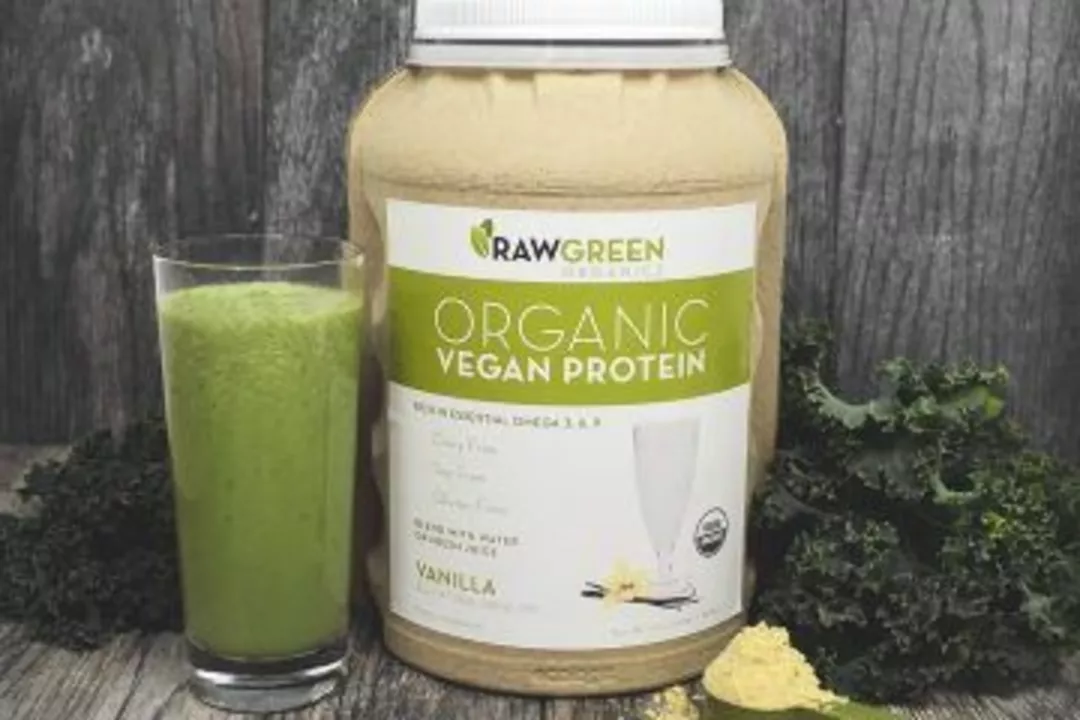Canadian Hemp: What to Know Before You Buy
Canadian hemp is the low‑THC variety of Cannabis sativa grown for food, fiber, and extracts. It’s legal to cultivate if the crop stays below 0.3% delta‑9 THC on a dry weight basis. That distinction matters because products labeled "hemp" can range from shelled seeds to concentrated CBD oil. Know what you want before you shop.
Quality beats marketing. Always look for a recent Certificate of Analysis (COA) from a third‑party lab. A good COA shows cannabinoid levels, THC, pesticides, heavy metals, residual solvents, and microbial results. If the seller can’t provide batch‑level testing, move on.
Prefer CO2 extraction for oils and isolates. CO2 preserves cannabinoids without leaving solvent traces. Ethanol extraction is common and okay if properly purified. Avoid products extracted with butane or unknown chemicals. Also check for clear labeling: total CBD, CBD per serving, serving size, and expiry.
Quick quality checklist
Check origin: Canadian provinces have strong agricultural standards. Look for organic or low‑pesticide claims and the producer’s license number. Match the COA batch number to your bottle. Check cannabinoid profile: full‑spectrum contains trace THC and other cannabinoids; isolates are pure CBD. Decide which you prefer.
How to use Canadian hemp products safely
Start small. For CBD oil begin with 5–10 mg once daily and raise by 5 mg every 3–7 days until you find the effect you want. For hemp seeds, 1–3 tablespoons a day adds protein and omega fats. Keep a short log: dose, time, and effect.
Talk to your doctor if you take blood thinners, antidepressants, or other meds that use liver enzymes. Don’t give hemp extracts to pregnant or breastfeeding people without medical advice. Store oils in a cool, dark place. Use within the shelf date and toss any product that smells off.
Buying online? Choose brands that show full contact info, a physical address, and clear return policies. Check recent user reviews but focus on COAs and ingredient lists. If price looks too good, it probably is. Small premium for tested, Canadian‑made hemp is worth it.
On CosmicNootropic, tag pages like this collect posts about hemp products, safety, and where to buy. Check linked articles for product reviews, legal updates, and tips for different needs like sleep or joint pain.
Hemp seeds are simple and safe. Shelled seeds (hemp hearts) have about 10 grams of protein and 3 grams of omega‑3 per 3‑tablespoon serving. Sprinkle on yogurt, salads, or blend into smoothies. Whole seeds last longer but need grinding for digestion. If you want CBD for focus or anxiety, pick a tested oil and expect subtle effects over days, not instant fixes.
Canada has licensed producers and provincial retailers for cannabis products, but many hemp food products are sold through food channels. If you prefer full regulatory oversight, buy CBD products from a licensed producer or provincial retailer. Smaller craft brands can be good, but they must show testing. Keep receipts and COAs in case you need to verify a batch.
Questions? Use the tag links to read specific guides or contact the author on the site for product help. Happy shopping safely.
Canadian Hemp: The Superfood Supplement You Didn't Know You Needed
I recently discovered Canadian Hemp, a superfood supplement that has been flying under the radar. Packed with essential nutrients and health benefits, it's something we all should consider incorporating into our diets. Canadian Hemp contains protein, omega-3 and omega-6 fatty acids, and various vitamins and minerals, making it an amazing source of nutrition. In addition, it's a sustainable and eco-friendly option for those looking to make more conscious food choices. I can't wait to try it out and experience the benefits for myself!
VIEW MORE
